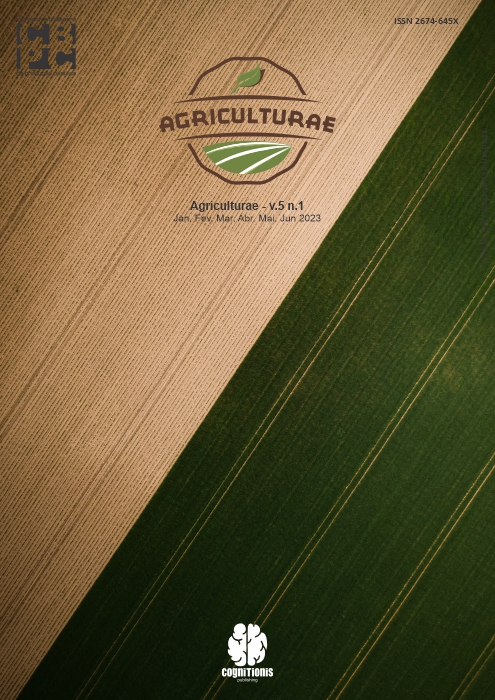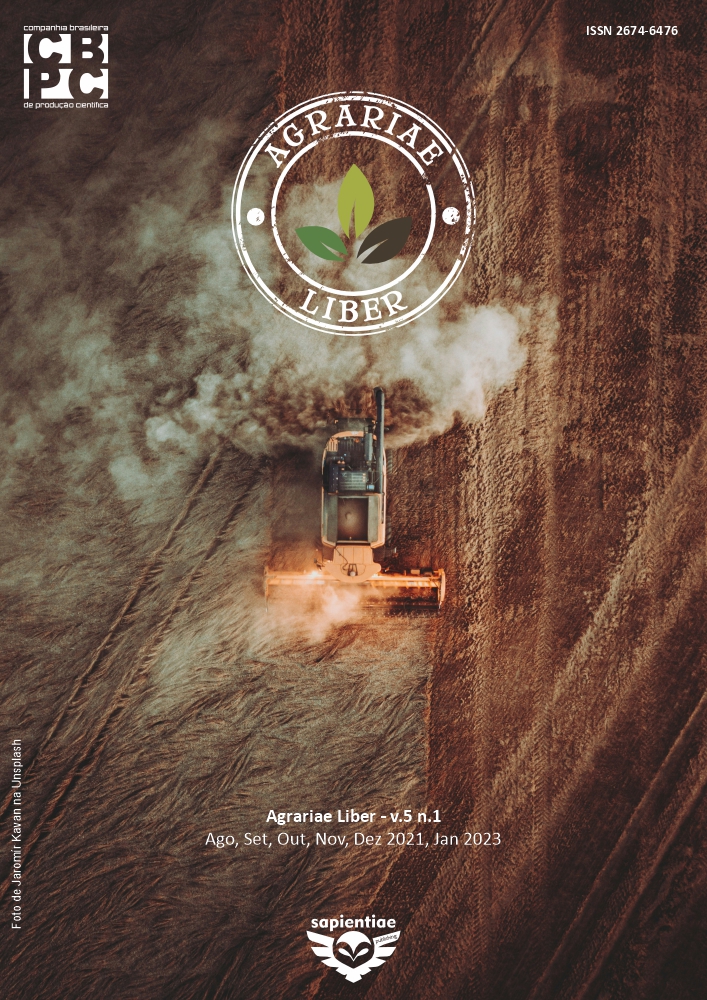Development, quality and acceptance of fine liqueurs from sociobiodiversity fruit
DOI:
https://doi.org/10.6008/CBPC2237-9290.2023.003.0002%20Palabras clave:
Sensory evaluation, Alcoholic beverage, Native fruitsResumen
The Amazon region is recognized for its rich biodiversity, with emphasis on the diversity of native fruits, which have agro-industrial technological potential. The objective of this paper was to develop fine liqueurs from fruits of sociobiodiversity (uxi, umari and wild passion fruit) and evaluate their quality and sensory acceptance. The liqueurs were developed by the infusion method for 40 days, followed by the addition of the syrup and rest for 30 days, when they were submitted to physicochemical tests (soluble solids, titratable acidity, pH, total sugars), microbiologicals (E. coli at 45ºC) and sensory acceptance test using a nine-point hedonic scale, followed by purchase intent using a five-point scale. The liqueurs showed physicochemical characteristics within the expected standards for the product, in compliance with the legislation regarding the sugar content. The microbiological analysis showed low levels of E. coli, demonstrating the sanitary safety of the product. The sensory analysis showed that wild passion fruit, umari and uxi liqueurs had a great repercussion among the tasters, presenting a satisfactory index of acceptability for all attributes and purchase intention, standing between "I maybe it would buy" and "I would definitely buy", confirming the potential for market insertion of developed liqueurs.
Descargas
Descargas
Publicado
Número
Sección
Licencia
Derechos de autor 2023 Natural Resources

Esta obra está bajo una licencia internacional Creative Commons Atribución-NoComercial-SinDerivadas 4.0.
La CBPC - Companhia Brasileira de Produção Científica (CNPJ Brasil: 11.221.422/0001-03) tendrá los derechos materiales de los trabajos publicados. Los derechos se refieren a la publicación del trabajo en cualquier parte del mundo, incluyendo los derechos a las renovaciones, expansiones y diseminaciones de la contribución, así como otros derechos subsidiarios. Todos los trabajos publicados electrónicamente podrán posteriormente ser publicados en colecciones impresas bajo coordinación de esta empresa y / o sus socios. El (los) autores (as) conservan los derechos de autor, pero no están autorizados a publicar la contribución en otra medio, impreso o digital, en portugués o traducción.








